Energy-based blockchain applications and their contribution towards smarter energy communities

The energy industry has been consistently catalyzed by innovations including rooftop solar, electric vehicles, and smart metering. Now, the blockchain presents itself as the next emerging technology to spur growth in the energy sector through its smart contracts and systems interoperability.
The World Economic Forum, Stanford Woods Institute for the Environment, and PwC released a joint report identifying more than 65 existing and emerging blockchain use-cases for the environment. These use cases include new business models for energy markets, real-time data management, and moving carbon credits or renewable energy certificates onto the blockchain. Below are 5 companies that are using blockchain in innovative ways to improve how we interact with our energy systems.
SunContract

Year founded: 2016
SunContract is the number one platform for producers and consumers to buy or sell electricity directly with one another. It is also a destination for energy customers to virtually purchase energy self-sufficiency products, monitor their energy data, chose their renewable energy preferences, and build energy communities amongst themselves without the need for intermediaries. With a working platform, SunContract’s blockchain application is one of the few in the space that have already been deployed commercially to the general public and has been in use in the EU for almost 3 years now.
We power
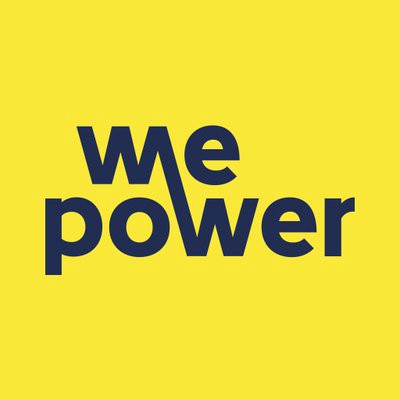
Year founded: 2017
The WePower Platform is an online environment enabling Energy Buyers and Project Owners to find each other and enter into Corporate PPAs. The Platform uses smart contracts and tokenized energy to execute and manage all transactions.
Power Ledger
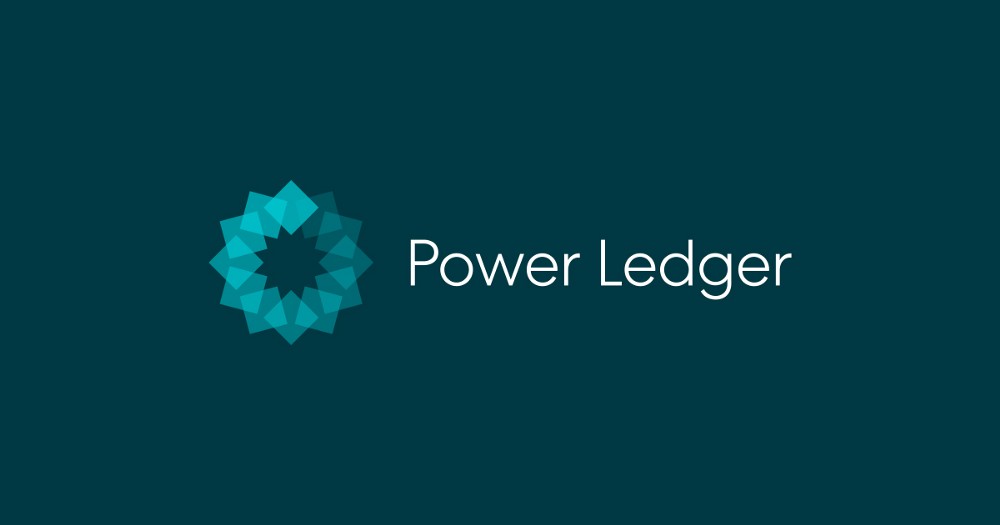
Year founded: 2016
Power Ledger’s platform uses blockchain technology to make energy markets more efficient by providing transparent, auditable, trading with clearing mechanism and also P2P trading of energy and environmental commodities
LO3
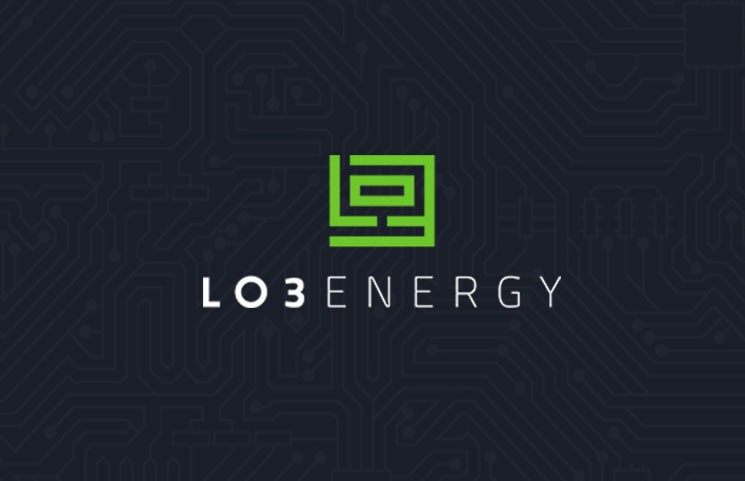
Year founded: 2017.
LO3’s technology and tools help in the formation of community microgrids based on blockchain, enabling utility and energy retailers to create, deploy and monetize differentiated and compelling energy products and customer services in increasingly open and competitive electricity markets.
EON
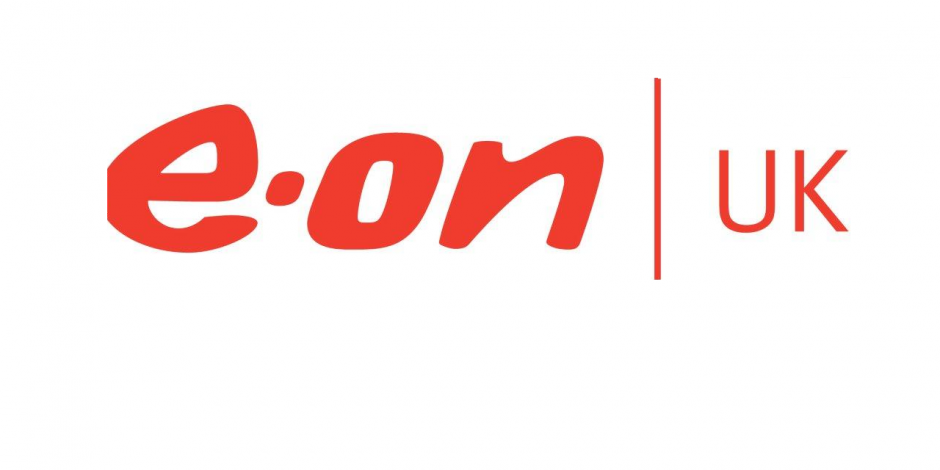
Year founded: 2016 (energy trading part of the business)
Is the biggest electric utility company-based Germany. It operates in over 30 countries and has over 36 million customers. In 2016, it separated its conventional power generation and energy trading operations into a new company.
ICO contributions to innovation and sustainability
Blockchain technology is indeed providing a new level of sophistication to our energy distribution network which has previously been reliant on highly centralized systems. As energy companies and customers start to recognize the transformative impact of this technology, the potential opportunities are endless, and by increasing efficiency, blockchain will also allow for a substantial reduction of carbon emissions, facilitiating the fight against climate change.
The Energy Market Barometers study conducted by Grenoble Ecole de Management (GEM) asked experts for their opinion on where blockchain is headed in the energy sector. To understand the importance of blockchain technology in the energy sector and the challenges that it faces, the experts were asked for their opinion on the viability of specific blockchain applications and the potential benefits, as well as the barriers currently limiting a wider diffusion of the technology.
According to the experts, the most promising applications of blockchain technology in the electricity sector in the next five years, are “peer-to-peer energy trading” and “electric vehicle charging and sharing”.
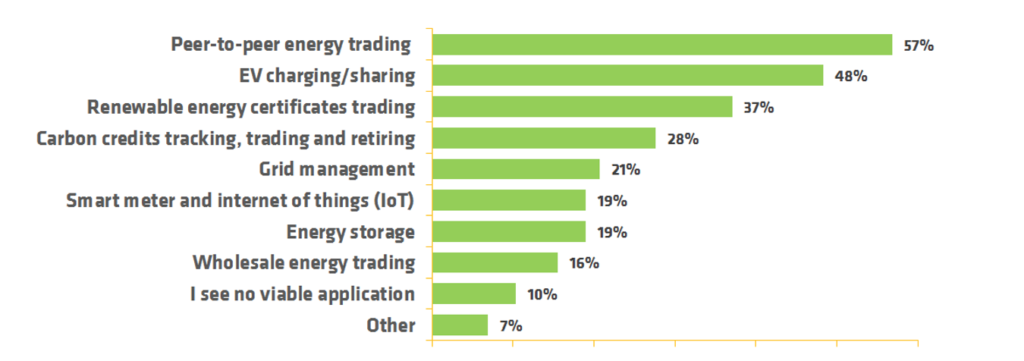
This is because the blockchain is creating a system whereby energy prosumers from the commercial sector or private homes can trade electricity without the interference of a central authority. With the continuous growth of electric vehicles, blockchain also promises to provide an adequate, publicly available charging infrastructure that tackles the “lack of range” challenge, by enabling individuals to make their private EV charging stations available for public use for a fee.
When asked what were the most important benefits of the blockchain to the existing energy system, the experts answered as follows:

Other contributions of energy ICOs
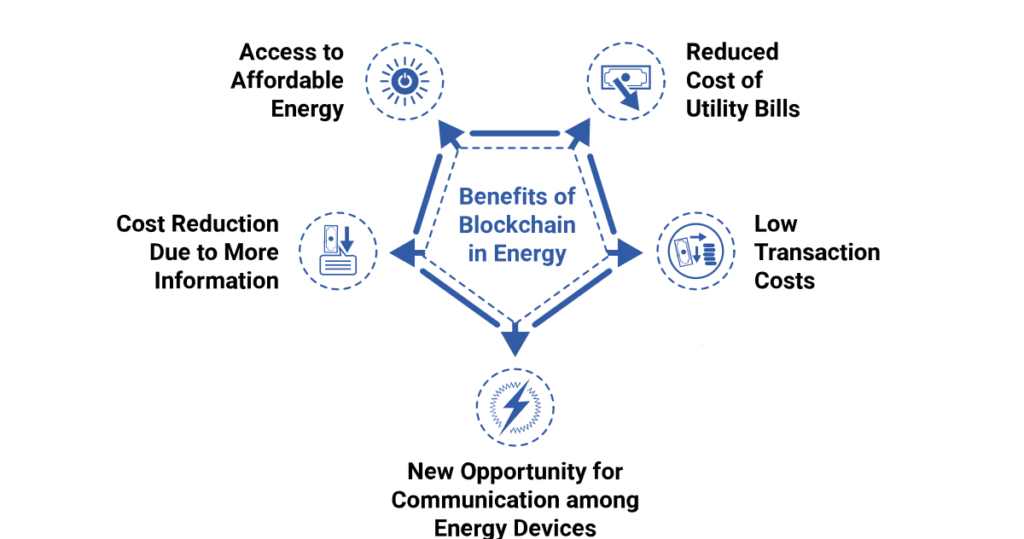
- Incentivised prosumers to use renewable energy sources
- Reshaped prosumer demand profiles leading to increased grid eciency
- Increased transparency, tracking and traceability
- Enabled decentralized systems including peer-to-peer transactions
- Immutable, reliable and shareable ledger of transactions
- Reduced transaction costs via disintermediation and automation
- Promoting of dynamic pricing for a digital marketplace structure
- Access to markets for investors and issuers, including for non-traditional assets
- Enabling of effective monitoring, auditing and compliance
The disruptive potential of blockchain is firmly recognised and it is widely expected to accelerate the speed of the transition to more decarbonised and decentralised energy sources.
In countries like Slovenia, where the SunContract project has been implemented on national level, the locals are fully reaping these benefits of a P2P, retail energy marketplace where they become the decision makers in their energy choices, as opposed to being passive subscribers to the energy services of retailer monopolies and oligopolies.
Start supporting green energy, local communities, and disrupting technologies. Register on the SunContract platform, chat with the team and community members on Telegram where we are always active. Our great supporters are also following us on Twitter, Reddit, Facebook, LinkedIn, and Instagram.

